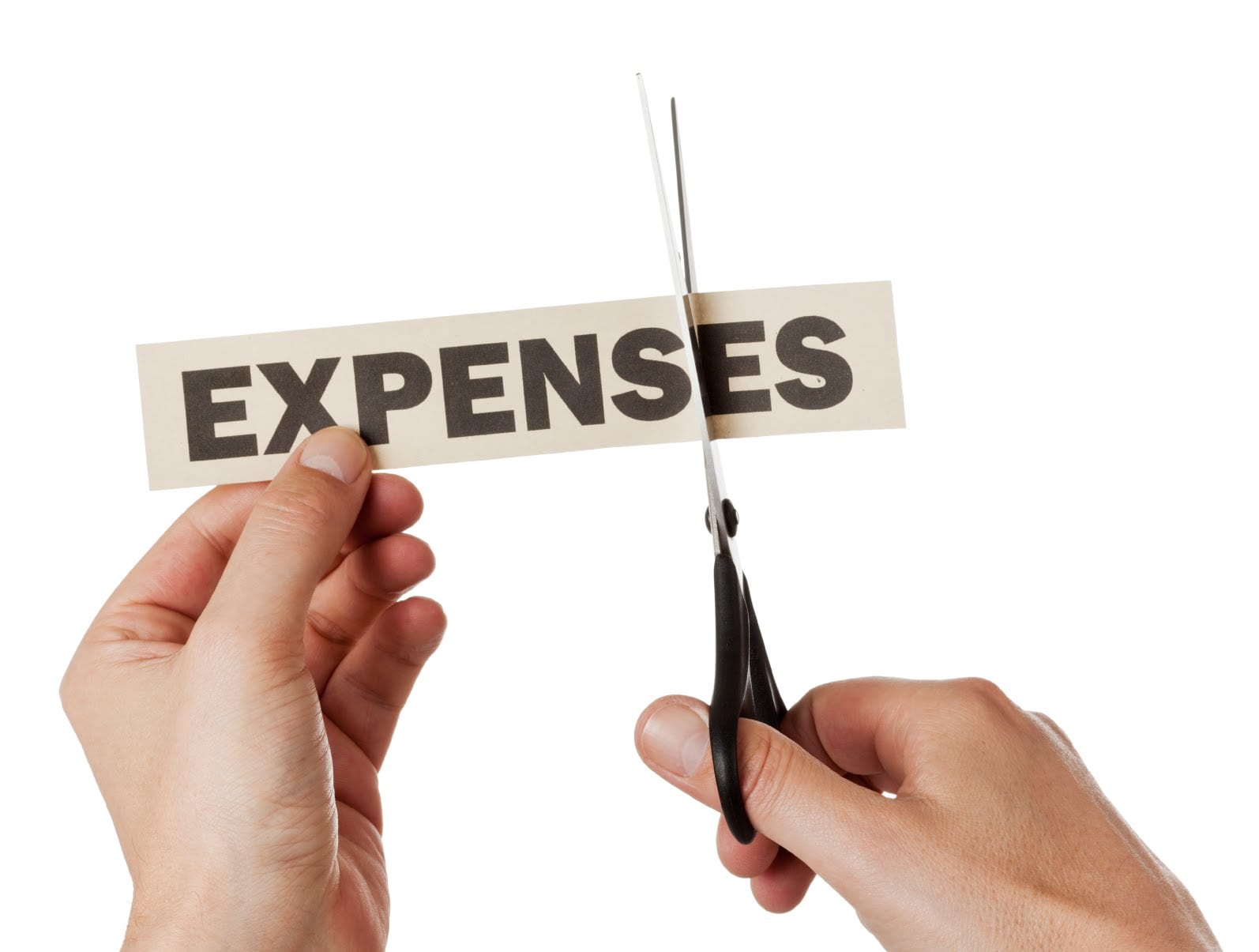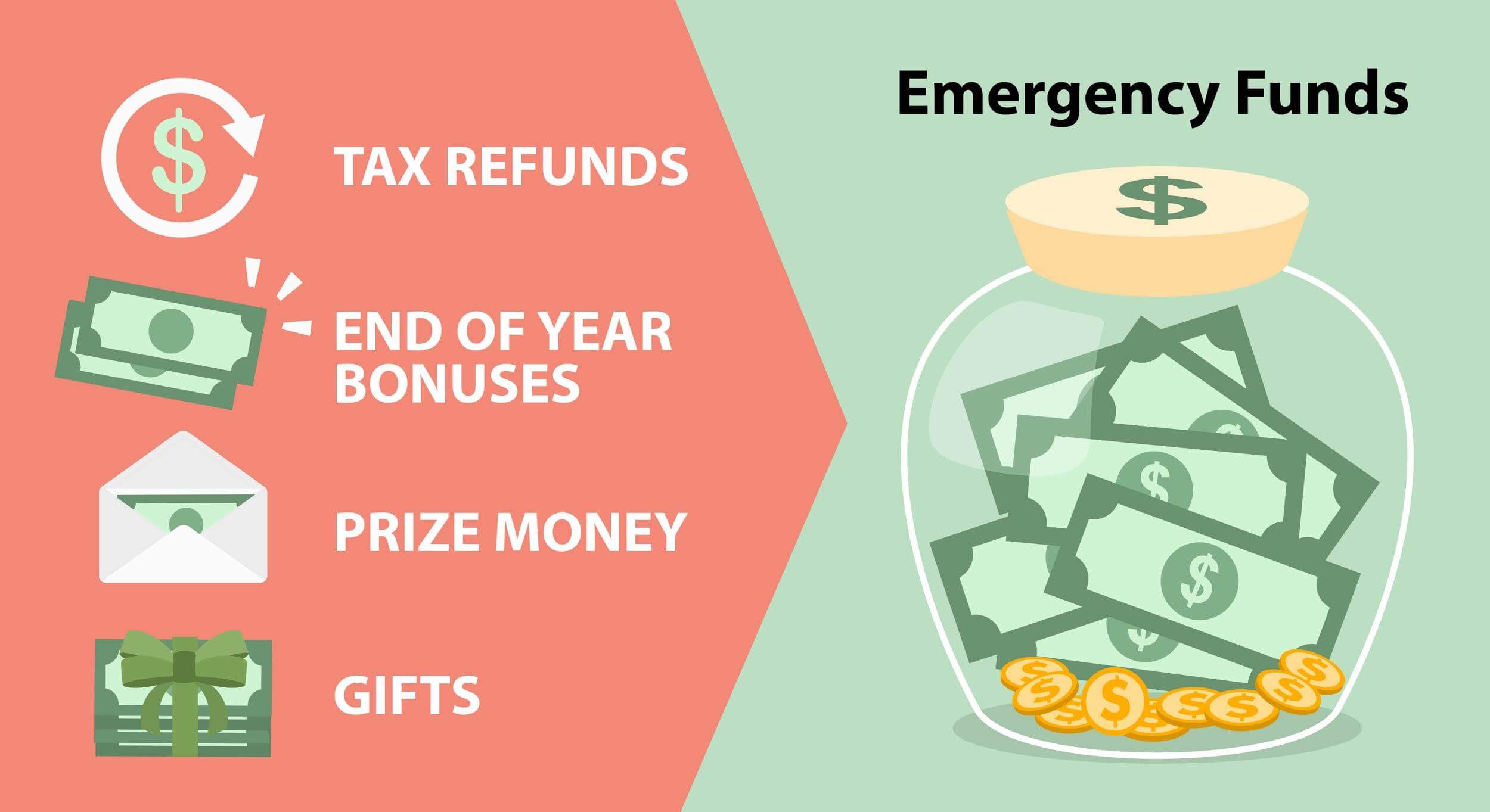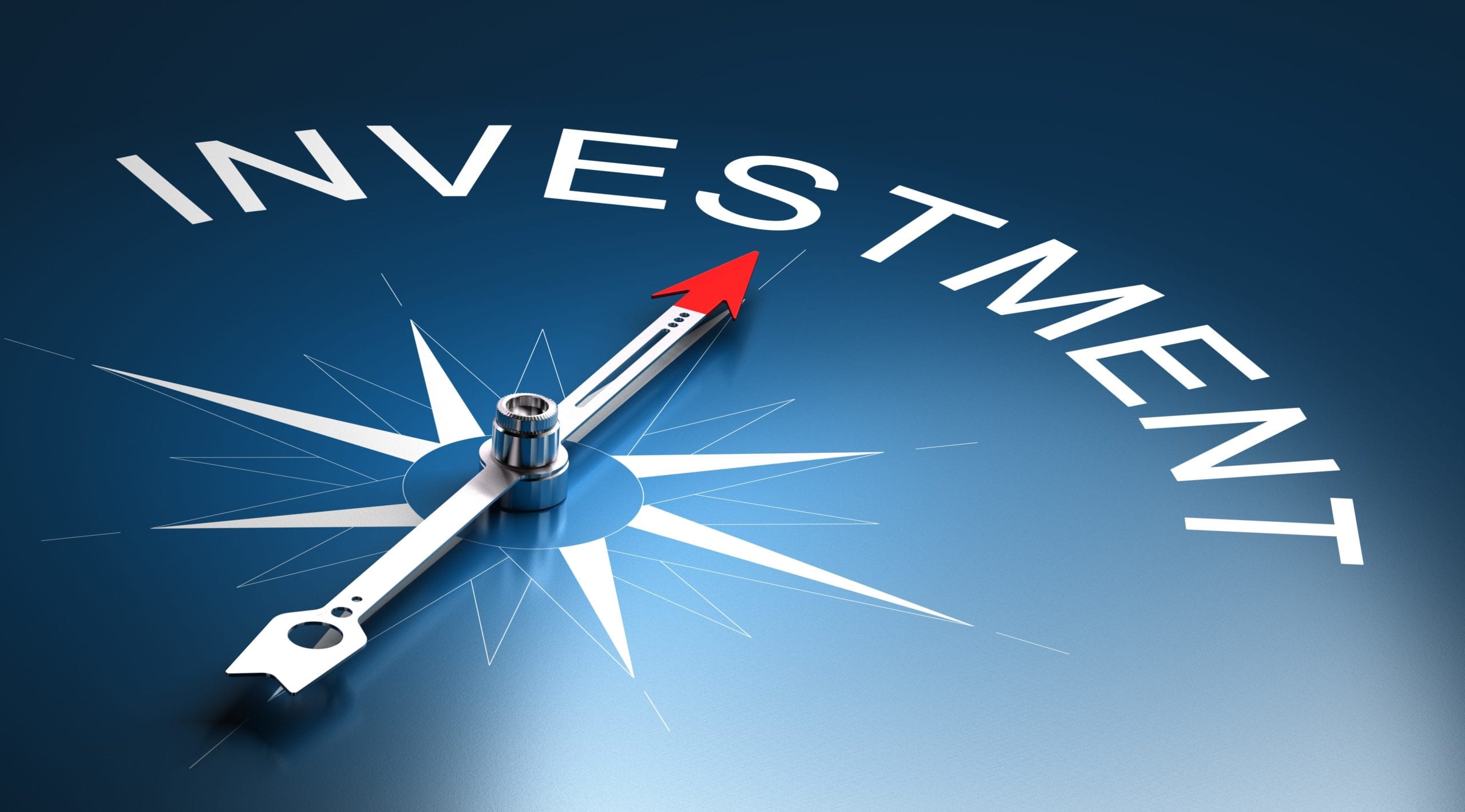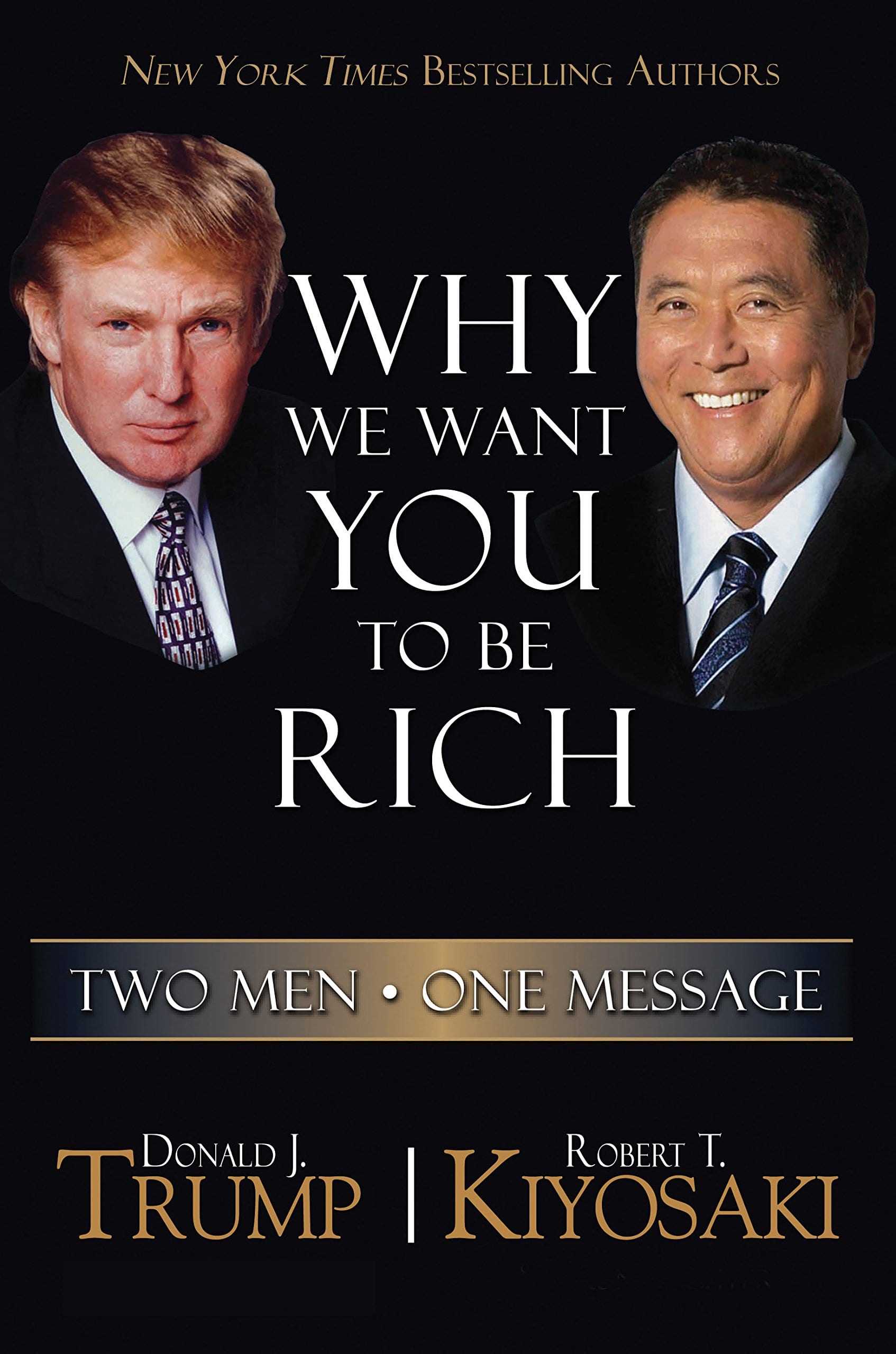If you are trying to find a good deal, you need the ability to know when it is a good one and not just an advertising pitch. I’ve made price watching a hobby, so many times when I see an ad I will automatically know if it is truly a good deal or not. This is definitely a skill I’ve perfected by continual practice but it can still be difficult to recall from memory the best price when tracking multiple items. I’ve found an easy way to help trigger my memory when it comes to product prices – I keep a price worksheet and I track prices by item and store.
Originally, I started this to track grocery store items but I’ve since expanded it to include household items and other products that we regularly purchase. This master list shows me at a glance the normal price for a particular item so when it goes on sale I can quickly tell if it is a good deal or a dud. I’ve also begun adding items to my worksheet that we are considering purchasing. This forces me to comparison shop when I purchase an item and also gives me time to curb impulse spending.
My pricing worksheet is set up on a spreadsheet so it is easy to update. The important thing to note about a price comparison worksheet is that you have to keep it updated regularly. If you don’t want to keep a spreadsheet then a simple notebook works just as well. Here are some steps to consider when keeping a price comparison worksheet or notebook:
1. List item name, brand, and size. A price comparison won’t work if you are not comparing the identical item store to store. This will also help you to calculate the unit cost per item.
2. Update the list frequently. If the last time you purchased a certain product was a year ago, chances are the prices have changed. Make it a habit to frequently check prices and keep them current.
3. List price by store. You’ll need to compile information from at least 2 different stores but it really helps to have 4 or 5 to make a good comparison and see trends. I usually list the local discount stores like Target, Wal-Mart, Costco, Publix, Sam’s, etc.









